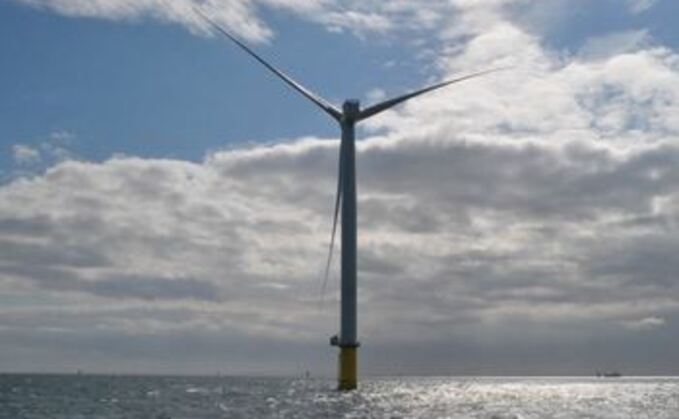
The TFL and Avon schemes are looking to substantially reduce portfolio emissions from current levels
The £10.6bn Transport for London (TfL) Pension Fund and the £4.5bn Avon Pension Fund have set out plans to substantially reduce their carbon emissions.
The TfL scheme set out a net-zero plan to achieve a 55% reduction in its carbon emissions by 2030 at the latest and a 100% reduction no later than 2045 versus the 2016 baseline.
The Avon scheme said it has introduced two new climate change targets that reflect the fund's ambition to become net zero by 2050 and a need to accelerate this trajectory over the next 10 years - targets that will see the scheme reduce its absolute emissions in equity portfolios by 43% by 2025 and 69% by 2030 compared to its 2020 baseline emissions.
The TfL scheme had previously made a decision to stop investing in companies that "have no interest in reducing global emissions" and has also put in place a coal exclusion policy as well as using 15% of its fund to target ESG tilted investments.
Its net-zero plan builds on these actions - encompassing all the fund's assets, including public and private markets across equities, bonds, credit, infrastructure and real estate.
In a statement, the TFL fund trustees said: "Our objective is clear - to align the investment portfolio with industries, products, services and business models that are compatible with a sustainable planet, while securing stable and sustainable financial returns for members.
"To be net zero by 2045 is clearly an ambitious target, however the trustees firmly believe that the net zero journey plan is entirely consistent with their fiduciary responsibility to earn returns needed for the long-term financial health of the fund."
Avon asset transition
As well as announcing its climate change targets, the Avon Pension Fund also announced that it would be transitioning its entire legacy low carbon equity strategy of around £780m of assets into the recently launched Paris-aligned Benchmark (PAB) developed by FTSE Russell and Brunel Pension Partnership.
It said that, as well as having clearly defined activity-based exclusions in coal, oil and natural gas, the PAB index is designed to reward companies that generate green revenues and those that can demonstrate alignment with the Paris Agreement goals.
Avon estimated this switch alone would deliver annual emissions reductions of at least 7% per annum.
The fund said it also recognises the "inherent challenges" in managing the financial risk of climate change in emerging markets - noting it would reduce its allocation to the asset class, choosing instead to concentrate its engagement efforts in developed markets where most of its capital is allocated.
Commenting on the decision, Bath & North East Somerset Council councillor and Avon Pension Fund Committee chair Paul Crossley said: "Protecting our assets for the benefit of our members, as well as managing the risks and opportunities that climate change presents, is an extremely complex task but with the most recent changes to our investment strategy I'm confident that we are taking the positive steps necessary to deliver on our pledge to be Paris-aligned across our investment portfolio".
Avon Pension Fund investment panel chair Shaun Stephenson-McGall added: "These changes mark a turning point in the fund's approach to climate change as we move towards solutions that offer credible pathways to net zero.
"It is imperative that we continuously review our progress and I look forward to the next milestone in 2022 where we'll be taking stock of how our strategy has delivered against its goals with a clear message that divestment remains an option where companies fall short of our expectations."
Brunel Pension Partnership chief investment officer David Vickers said: "The new indices provide the industry with fresh tools to implement the Paris Agreement. We call on investors to quickly make use of the benchmarks in their quest to support the climate transition."








